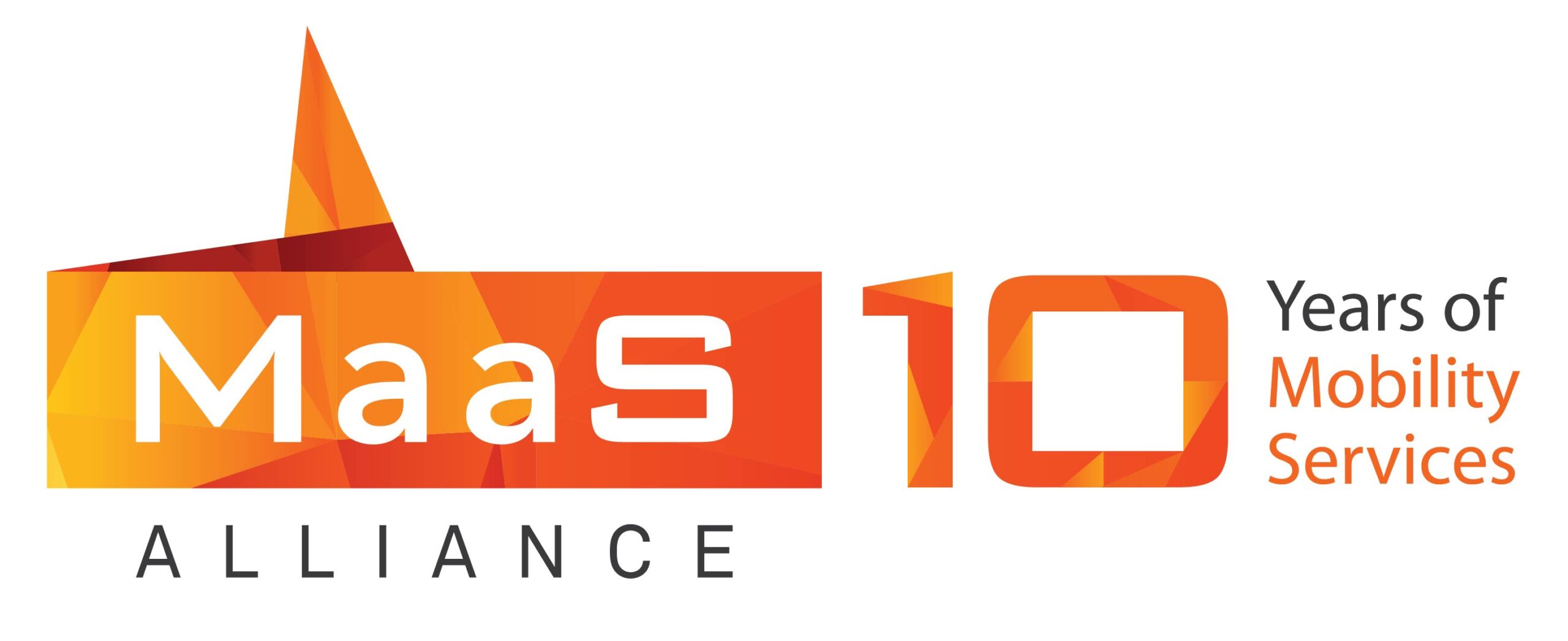
John Nuutinen, CEO, SkedGo –
The Mobility as a Service (MaaS) market is expected to grow rapidly over the next ten years, with a study from Juniper Research predicting it will generate revenue of $92bn globally by 2027, up from $20bn in 2022.
That’s a significant level of growth but it’s also exactly what we should expect given the major shifts taking place within the transport sector. The rise of electric cars – battery electric vehicle (BEV) sales in the UK hit a record high in the third quarter of 2022 – combined with the growth of micro-mobility services, is part of a necessary embrace of greener modes of transport. This lays the groundwork for MaaS, which not only aggregates all available transport modes so individuals can plan, pay and manage every leg of their journey, but also provides access to valuable data about how the public uses transport and offers huge potential to develop more efficient, inclusive and sustainable transport services.
This provides an enriched consumer experience that lays a foundation for the rapid growth of MaaS, which is being built upon by other significant trends.
Seeking sustainable alternatives
Despite rising populations driving an increase in road congestion, people are also considering sustainable alternatives to traditional car travel as a result of the cost of living crisis. Recent research from First Bus, for instance, has found that 41% of people are planning to use the bus more in a bid to save money, while a study from FREE NOW found that more than half of people plan to increase their use of sustainable transport in 2023 as a way to cut spending and look after the planet.
MaaS has an important role to play here, with ride-hailing, car sharing, and micro-mobility services all contributing to an increasingly necessary reduction in traffic and emissions – while also saving people money during a time when fuel costs are increasing and there is growing concern about the cost of living.
This reduction of congestion, combined with an ability to offer real-time data to plan and facilitate journeys, means MaaS could also grow through its ability to reduce the rate of road accidents, alongside carbon emissions and costs.
Powering the sustainability drive
The European Commission has set the European transport sector a target of reducing greenhouse gas emissions by 90% by 2050, while at the same providing safe, accessible and affordable transport options.
The Commission’s EU Green Deal also acknowledges that MaaS represents an answer to this demand. The industry’s efforts to develop innovative solutions, combined with the determination of legislators to remove barriers to developing integrated multimodal services, should powerfully drive the growth of MaaS.
We’ve seen evidence of this in Nordic countries in particular. This includes the likes of Finland adopting new legislation to enable MaaS and promote competition within the passenger transport market.
Collaboration between local authorities and business is also driving the success of MaaS. At SkedGo, we collaborated with Leicester City Council in the UK to launch two Android and iPhone apps, offering an easy-to-use journey planner that incorporates public transport, e-bikes, Park and Ride spaces, taxis, cycling and walking routes. Active travel is a key focus of Leicester City Council’s Transport Recovery Plan, supporting residents to reduce their car use – with public-private partnerships an effective way to realise this goal.
Relatedly, MaaS could also grow based on its ability to meet the needs of individuals looking to reduce their personal carbon footprint, with sophisticated solutions in this space displaying carbon emissions for each trip and enabling people to prioritise low carbon when determining their route.
For businesses, these solutions can also support corporate social responsibility (CSR) commitments, enabling organisations to significantly reduce carbon emissions by changing their employee commuting behaviour. The ability to track the rate of carbon production can also be a powerful motivating factor, enabling businesses to encourage their employees to keep up the momentum. These businesses might also enjoy reduced costs by cutting the number of company cars and parking spaces they need to provide their workforce, offering a further business case for the adoption of MaaS solutions.
The growth of digital payments
The widespread embrace of digital solutions will also drive the growth of MaaS. This is taking place internationally, with the likes of the Indian government launching the Digital India initiative in a bid to improve digital infrastructure and foster cashless payments. These highly secure payment gateways will automatically drive the growth of MaaS by reducing friction when paying for transport services, while the likes of Uber, Lyft and Ola have further contributed by providing consumers with shopping coupons and cashback when they pay for journeys using e-wallets.
A concerted drive to boost wider adoption of these solutions – alongside increasing internet penetration internationally – will create the conditions in which the MaaS sector will expand across the globe.
Such a move could deliver true win-wins – benefiting businesses, commuters and the planet.
Despite these many positive trends, there will also be some barriers to overcome. It will be necessary to ensure data is shared, consumer privacy is protected, and that businesses are prevented from monopolistic behaviour. There will also need to be significant focus on inclusivity – ensuring platforms are accessible to all and that they play a role in making transport services more inclusive. The right approach, however, will ensure that MaaS can grow through its ability to drive a more sustainable future.
With a concerted effort from businesses and governments, paired with the right focus on addressing consumer concerns around privacy – and a deep commitment to improving convenience, cutting costs and enabling more environmentally friendly travel – MaaS will turn predictions of its rapid growth into reality.



